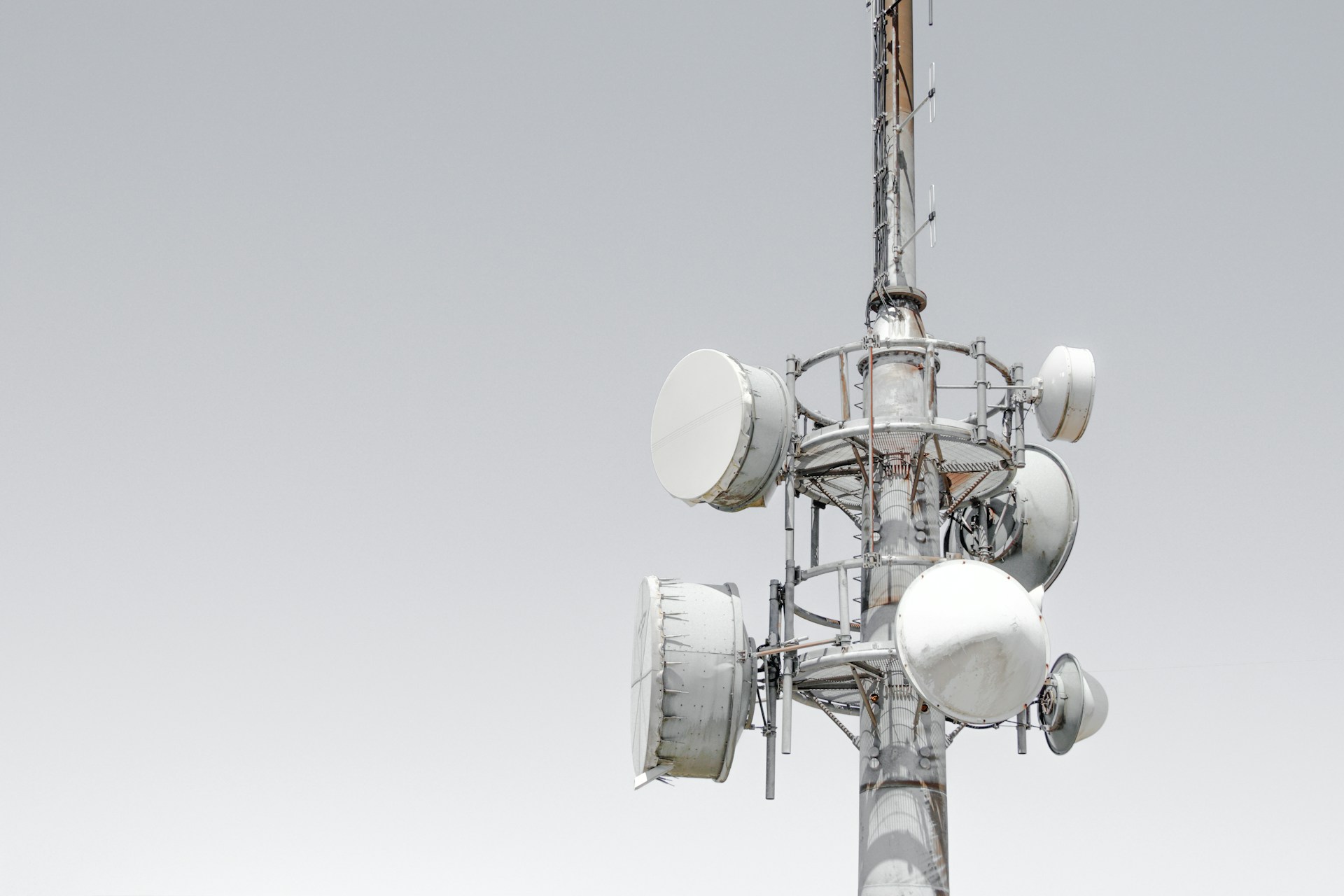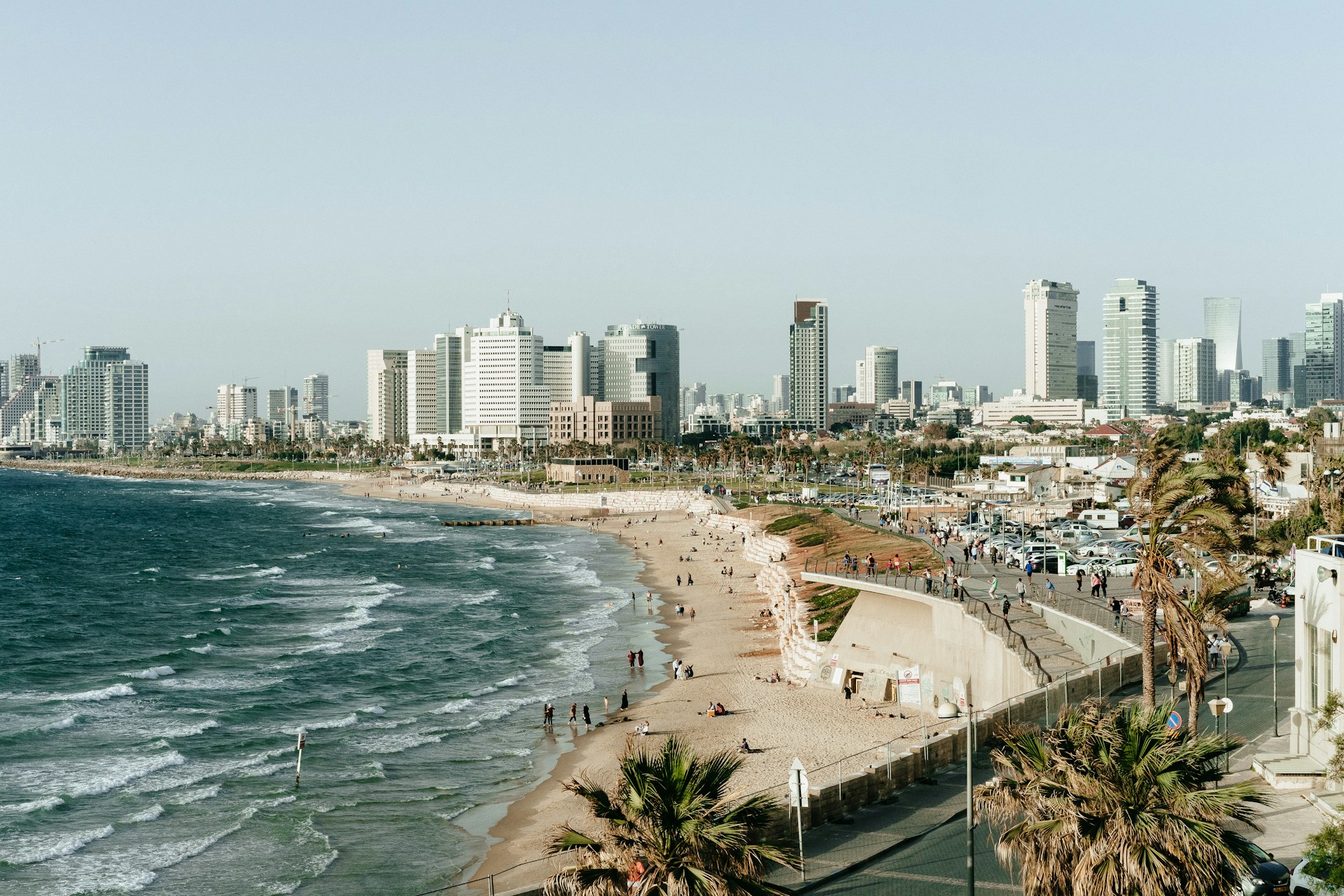Casablanca – The telecommunications sector in Morocco has witnessed substantial growth over the past few years, with significant advancements in mobile, fixed-line, and internet services. According to the latest report from the Directorate of Studies and Financial Forecasts, part of the Ministry of Economy and Finance, the first quarter of 2024 saw remarkable increases across various segments of the telecom industry.
Mobile phone subscriptions surge
The number of mobile phone subscriptions in Morocco rose by 4.8% to exceed 55.4 million during the first quarter of 2024. This growth follows a 3.1% increase in 2023, indicating a steady upward trend. The report highlighted that the sector began the year on a positive note, reflecting robust consumer demand and the expanding reach of mobile services.
This surge in mobile subscriptions has resulted in a significant rise in the mobile phone penetration rate, which reached 149.7% by the end of March 2024. This is a notable increase from 144.2% a year earlier and 127% in March 2019. The high penetration rate underscores the widespread adoption of mobile technology among Moroccans, driven by competitive pricing, improved network coverage, and the proliferation of smartphones.
Fixed-Line services also on the rise
While mobile services dominate the telecommunications landscape, fixed-line services have also experienced growth. The number of fixed-line subscriptions increased by 9.3% in the first quarter of 2024, building on a 5.5% rise in the same period last year. This growth can be attributed to the increasing demand for reliable and high-speed internet connections, particularly for business and residential use.
The expansion of fixed-line services is a critical component of Morocco’s broader telecommunications strategy, aimed at ensuring that all segments of the population have access to reliable communication infrastructure. This growth reflects the efforts of telecom operators to upgrade and expand their fixed-line networks, providing consumers with more options for connectivity.
Internet services see significant growth
Internet subscriptions in Morocco have seen a notable increase, rising by 7.5% to 38.3 million by the end of the first quarter of 2024. The penetration rate for internet services climbed to 103.5%, up from 97.2% in the same period of 2023 and 65.6% in the first quarter of 2019. This rapid growth highlights the increasing importance of internet connectivity in the daily lives of Moroccans, driven by the need for digital services, online education, remote work, and entertainment.
The report attributes this growth to several factors, including the expansion of fiber optic networks, the introduction of 5G services, and government initiatives aimed at promoting digital inclusion. The increased availability of affordable internet plans and the widespread adoption of smartphones have also played a crucial role in boosting internet penetration.
Growth in enterprise data connections and domain registrations
In addition to the growth in consumer services, the telecommunications sector has seen advancements in enterprise data connections. The number of enterprise data connections increased by 2.1% in the first quarter of 2024. This growth reflects the rising demand for reliable and secure data services among businesses, which are increasingly relying on digital infrastructure to support their operations and drive innovation.
Furthermore, the registration of “.ma” domains, which represent Morocco’s national internet domain, increased by 5% during the same period. This growth indicates a growing awareness among businesses and individuals about the importance of establishing a digital presence and leveraging the internet to reach a broader audience.
Government and industry initiatives driving growth
The notable growth in Morocco’s telecommunications sector can be attributed to a combination of government policies, regulatory support, and proactive measures taken by telecom operators. The government has implemented several initiatives aimed at promoting digital inclusion, expanding network infrastructure, and ensuring that all regions of the country have access to high-quality telecom services.
One of the key drivers of growth has been the liberalization of the telecommunications market, which has encouraged competition and innovation among service providers. This has led to improved services, competitive pricing, and greater choice for consumers. Additionally, investments in next-generation technologies such as 5G and fiber optics have significantly enhanced the capacity and performance of telecom networks.
Telecom operators have also played an important role in driving growth by investing in network expansion, upgrading existing infrastructure, and introducing new services. These efforts have been complemented by strategic partnerships with global technology companies, enabling the deployment of advanced technologies and the delivery of innovative services.
Future outlook: continued growth and innovation
The future of Morocco’s telecommunications sector looks promising, with continued growth and innovation on the horizon. The government’s commitment to digital transformation, combined with the proactive efforts of telecom operators, is expected to drive further advancements in the sector. Key areas of focus include the continued rollout of 5G services, the expansion of fiber optic networks, and the promotion of digital literacy and inclusion.
The telecommunications sector in Morocco has made significant strides, with substantial growth in mobile, fixed-line, and internet services. This growth reflects the combined efforts of the government, regulators, and industry stakeholders to promote digital inclusion and ensure that all Moroccans have access to high-quality telecommunications services. With continued investment and innovation, the sector is well-positioned to support the country’s digital transformation and drive future economic growth.
















